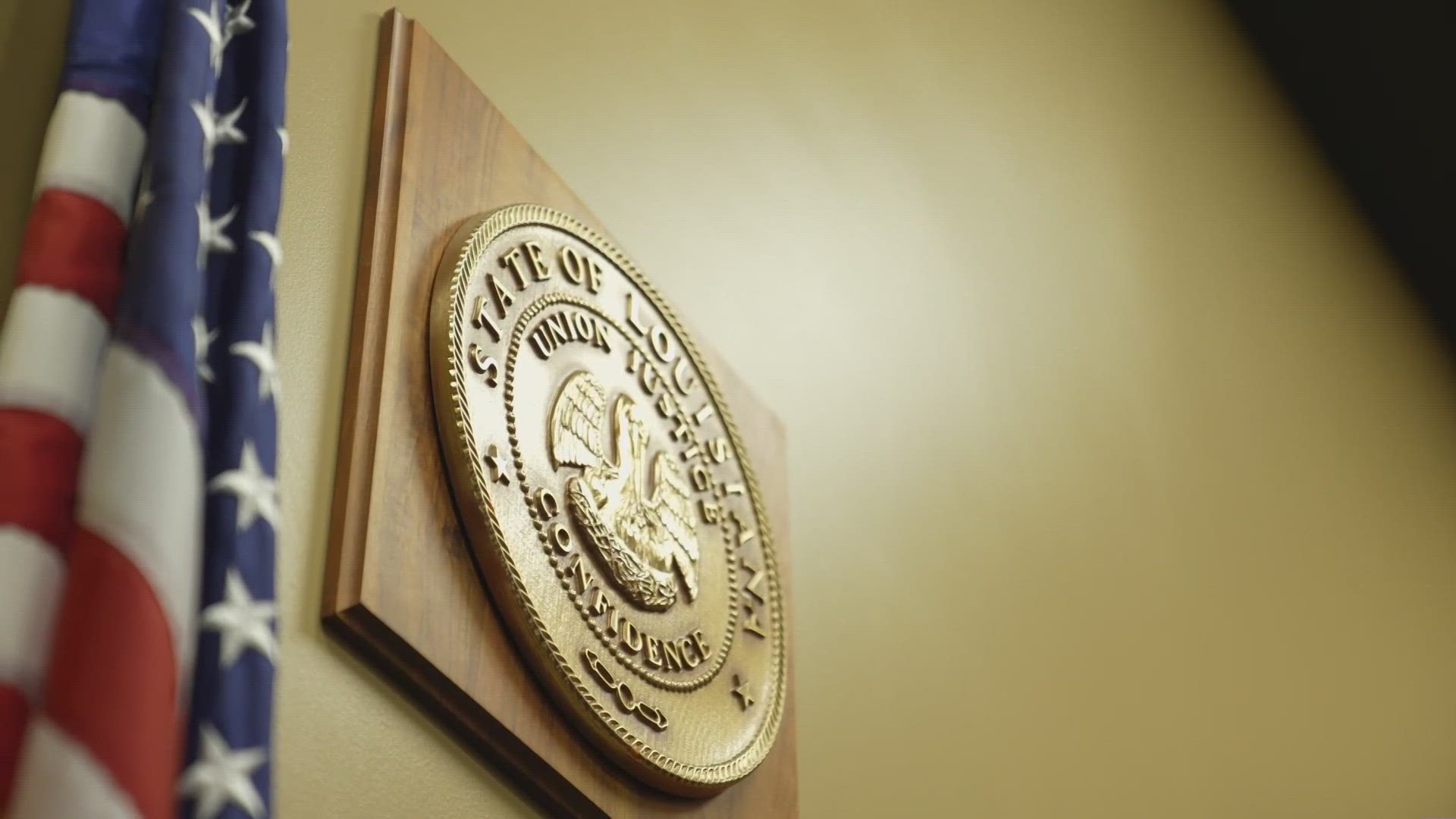NEW ORLEANS — The city is getting $750,000 from Washington, D.C. in hopes of reducing juvenile crime.
It comes in a grant to treat mental illness seen in the majority of youths who are coming through the juvenile court system.
It is welcome news to the Orleans Parish juvenile court. It is one of only 11 in the country to get a grant from the U.S. Department of Justice to establish a mental health court system to treat young people involved in crimes.
“And what we learned is up to 89 percent of youth that are in secure care here in New Orleans, or have a mental health challenge, those youth come to us every day, and this is an issue in our court that is currently unassessed and unaddressed,” said Ranord Darensburg, Chief Judge of Orleans Juvenile Court.
Chief Judge Darensburg says the program should begin in January, to assess and treat the adolescents who come through the court system. It comes at a time when mental health experts say the crisis is rampant.
“Our children are not OK, and neither are we, but the sooner we can talk about that, the sooner we can end the stigma that's associated with mental health, the sooner we can get better,” said Congressman Troy Carter.
Those in the treatment field say a proper diagnosis is key.
“Psychosis might be serious mental illness. It could be substance induced psychosis. So, for all of you out there that are using narcotics, and THC, if you carry a gene that makes you susceptible to serious mental illness, you're more likely to have serious mental illness induced, and sometimes it's not reversible,” explained Janet Hays, Director of Healing Minds NOLA.
The executive director of Silence is Violence says this is welcome news as crime grows and mental health treatment is downsized.
“Untreated mental illness, we see day in and day out. For years we've been inundated with mental health patients not having resources, not having a place for proper treatment and quality care,” said Tamara Jackson, a licensed clinical social worker who is the Executive Director of Silence is Violence.
They stress that accountability for crimes will not go away, but it is hoped that recidivism will.
“People that have broken the law, should be dealt with, but then once they've paid their debt to society, we have to make sure we make a way to make sure they don't life a life of crime,” added Carter.
Suicide prevention will also be part of the mental health court treatment.
► Get breaking news from your neighborhood delivered directly to you by downloading the new FREE WWL-TV News app now in the IOS App Store or Google Play.

